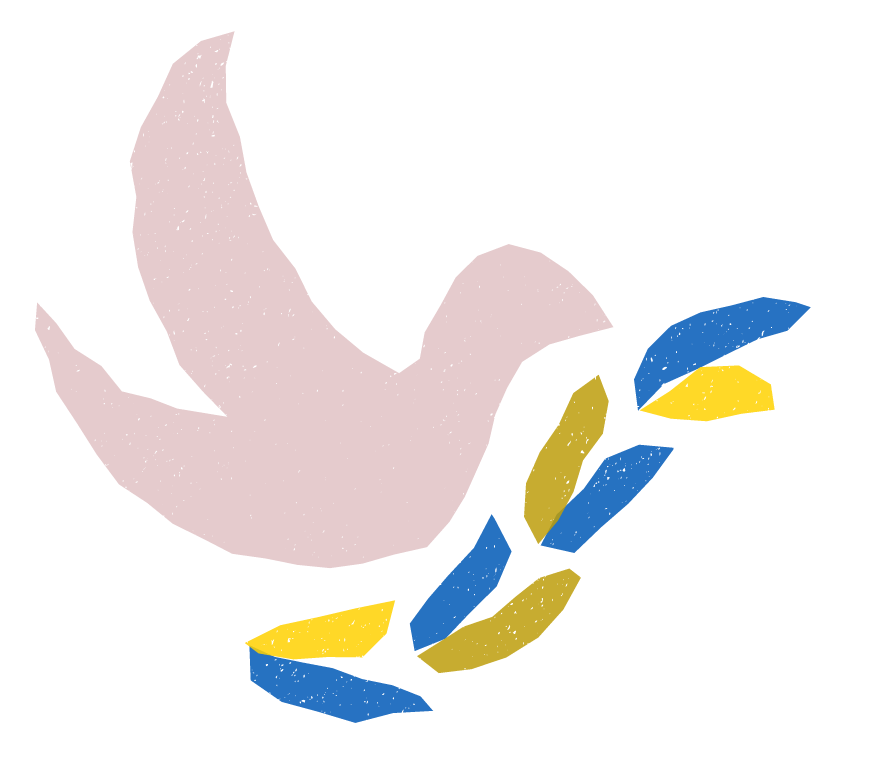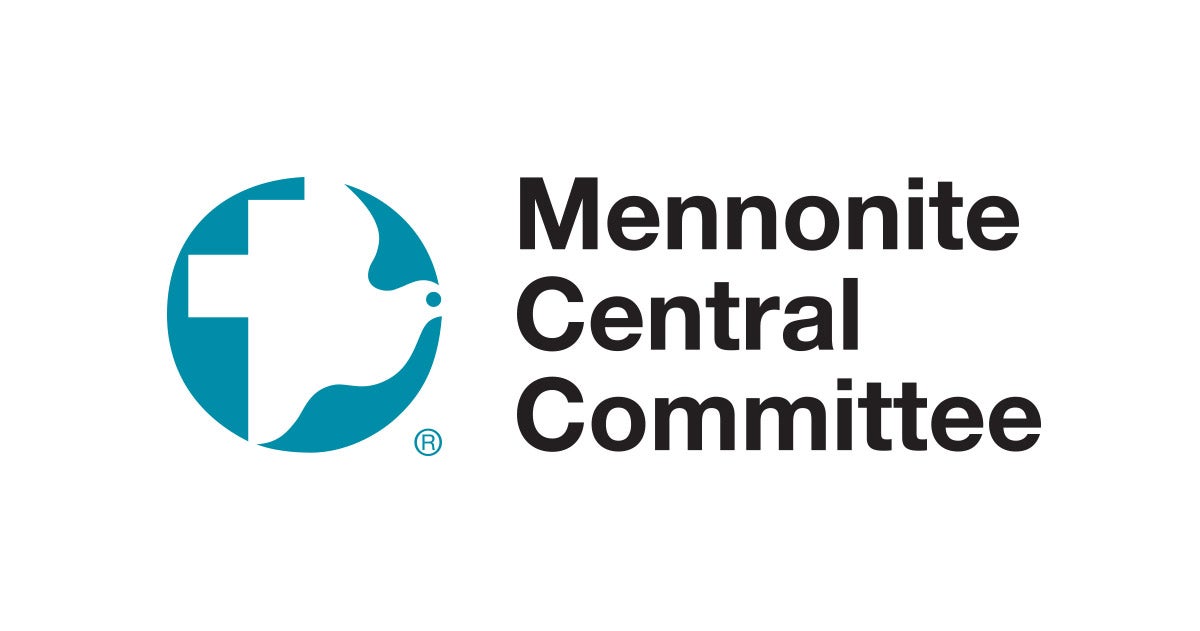
Since the Russian invasion of Ukraine commenced on February 24, 2022, the Kindred Credit Union Centre for Peace Advancement community has watched the devastating conflict unfold with concern. In response, Centre community members have engaged in peacebuilding efforts through advocacy, relief efforts, scholarship and dialogue.
On February 24, 2022, Russian military forces invaded Ukraine. By February 25, the threat of nuclear warfare echoed around the world, rekindling Cold War-era fears and renewed calls for disarmament. Since then, community members at the Kindred Credit Union Centre for Peace Advancement have actively engaged in dialogue and peacebuilding efforts aimed at better understanding the ramifications of conflict-driven decisions and helping those impacted by the invasion.
The Centre unites peace-oriented innovators, established peacebuilding organizations, and interdisciplinary researchers to act as a bridge between campus and community, scholarship and practice, and faith and justice. During the Russian invasion of Ukraine, the responses of Centre participants have once again demonstrated the community’s commitment to peace and nonviolence.
Visit the Centre’s website or subscribe to the newsletter for more from the Centre for Peace Advancement.
Project Ploughshares

The Ukraine crisis presents a sobering reminder that for as long as nuclear weapons exist, there is a real possibility that they might be used. The prospect of their catastrophic humanitarian consequences far outweighs any perceived military utility. And the only assured way of preventing their use is through their complete elimination.
Project Ploughshares Researcher Kelsey Gallagher has been tracking Canada’s government-to-government military transfers to Ukraine and offering much needed context to conversations happening through Canadian media outlets such as The Globe and Mail and CBC News.
Read Project Ploughshares’ recommendations for how this context should be addressed in their Statement on Russia’s Invasion of Ukraine.
Mennonite Central Committee (MCC)

While offering humanitarian support, MCC acknowledges the difficulty of advocating for nonviolence in the midst of armed conflict. MCC Canada’s Executive Director, Rick Cober Bauman notes that, in the face of war, a commitment to nonviolence may be met with skepticism and even ridicule. However, MCC continues to be a voice for peace. “There are not many others voicing this commitment [to nonviolence]. Granted ours is a small voice, and especially hard to hear now. But if no one claims and amplifies the voice of non-violent peacebuilding, will it disappear?”
Read A Quiet Voice at the Brink of War by MCC Canada’s Executive Director, Rick Cober Bauman.
Conrad Grebel University College
For example, Cesar Jaramillo, Executive Director of Project Ploughshares, spoke to students at Grebel’s weekly Community Supper on March 2, 2022. Jaramillo offered a frank presentation on the conflict that “awoke student senses,” according to Grebel Student Life and Recruitment Coordinator, Rebekah Dejong.
There was no sugar coating the war in Ukraine, allowing Grebel students to feel the magnitude of the situation. Students have continued to have conversation about what is happening and have initiated small efforts to help see the crisis end.
Meanwhile, academic courses at Grebel taught by faculty such as Eric Lepp, Visiting Assistant Professor in Peace and Conflict Studies, have provided context to students in the classroom. Lepp has supported students’ understanding of the situation in real time: “In the midst of a semester where I am teaching two courses on the themes of nonviolent methods and peace movements, the students and I have been confronted in our learnings by the largest land invasion since WWII,” shares Lepp.
During this re-awakening to the threat of nuclear warfare, students are inspired by disarmament movements that did not end with the Cold War. We are leaning into the messages of firmly-grounded organizations, like Project Ploughshares, as they tell us about the many and varied implications of (nuclear) wars and what steps we can take towards more peaceful possibilities.
To support humanitarian efforts in Ukraine and around the world, consider donating to MCC’s Ukraine emergency fund and reading publications by Project Ploughshares.